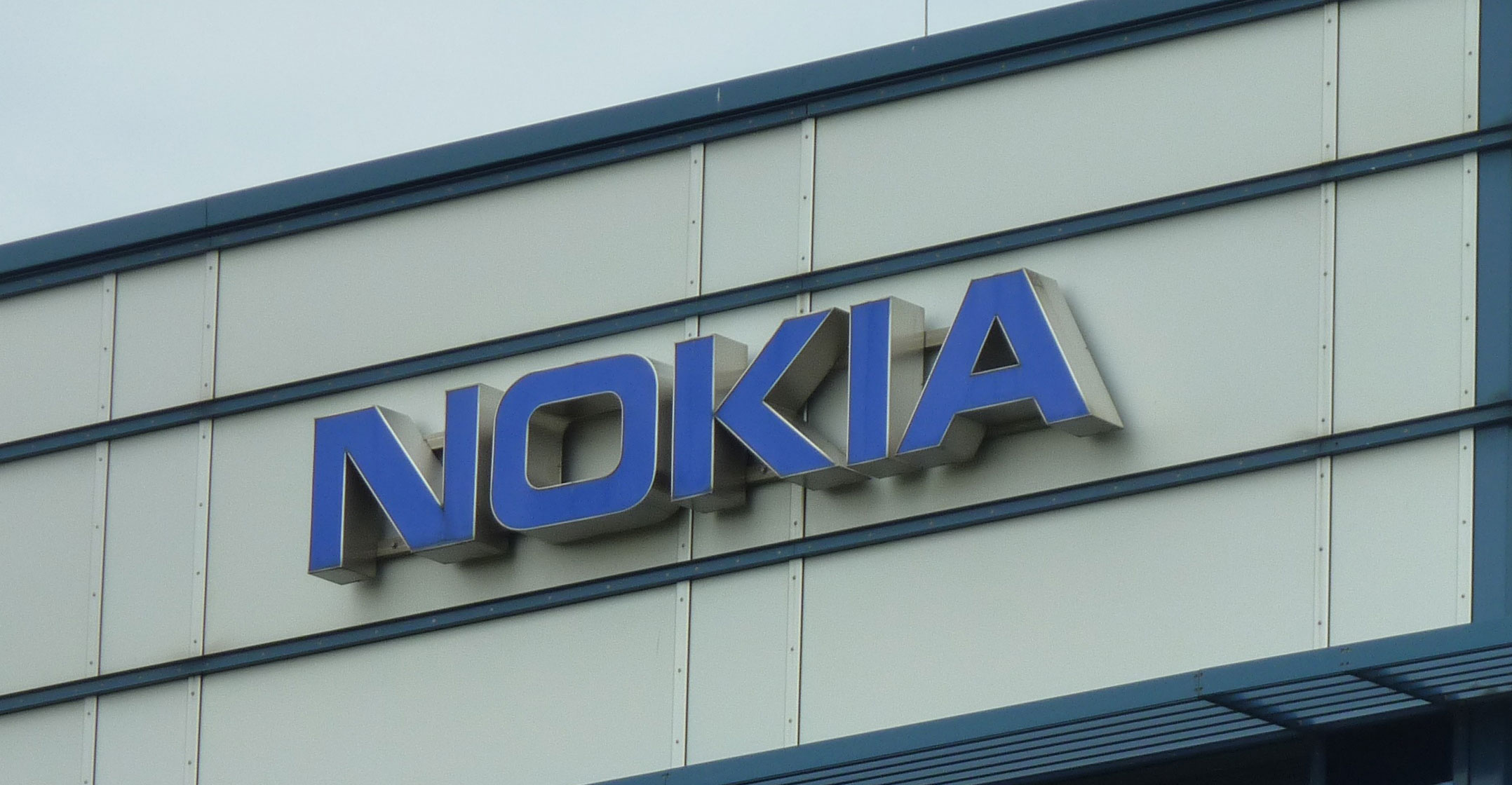
The wait for a recovery in the wireless network equipment business just got longer with Nokia’s dire third quarter results.
The Finnish manufacturer predicted a prolonged slump for the industry, sending its shares down as much as 14% — the most in five years. Phone carriers are largely done with building their newest networks, and time isn’t ripe yet to start spending on next-generation 5G systems.
Nokia lowered its view for the network market’s decline this year and forecast little improvement in 2018, predicting a continued drop of as much as 5%. That’s a disappointment for investors expecting an industry rebound after several years of shrinking sales or meagre growth.
“These outlook statements are clearly disappointing and push hopes of a recovery out to 2019,” analysts at Natixis said in a note.
Nokia also reported third quarter sales that trailed analysts’ estimates as phone carriers continued to cut investments. Operators are reluctant to upgrade their systems to add data speed and boost coverage as they wait for a maturing of the 5G technology, which will allow for new types of services such as connected machines and remote-controlled surgery. Those are still a few years away.
“The sector is in the midst of multiple technology transitions,” CEO Rajeev Suri said on a call with reporters. “4G to 5G is the most obvious, but also copper to fibre, physical to virtual, 100G to 400G, from terabit- to petabit-class routers and more. These transitions slow spending and increase uncertainty related to timing.”
Shares of Nokia fell 13% to €4.46 at 10.20am in Helsinki after dropping as low as €4.40. The stock had added 11% this year to Wednesday.
Shrinking market
Nokia said the network market is set to shrink 4-5% this year, compared to its previous estimate for a 3-5% decline. The company predicted a drop of 2-5% for 2018. Nokia is locked in a three-way battle for dominance over the market for wireless network infrastructure with China’s Huawei and Sweden’s Ericsson, which last week predicted an 8% drop in demand for wireless network equipment this year.
Revenue at Nokia’s network division declined 9% last quarter, with the company citing challenges in North America and China. “Robust” competition in China is set to weigh on fourth quarter results, the company said, as equipment makers jostling for position ahead of the transition to 5G are discounting gear to win customers.
“The cost of gaining, or even maintaining, footprint is significant,” Suri said. “We are working to address the situation with our deal discipline, as we want to ensure the right long-term footprint, but not at any cost.”
In response to the network market slump, Suri is looking for customers in other industries, boosting the company’s software offering and monetising Nokia’s intellectual property more aggressively. The Espoo, Finland-based company has also been helped by a broadened product portfolio as a result of its 2016 acquisition of France’s Alcatel-Lucent for US$18bn.
Total revenue shrank 7% to €5.54bn. Analysts had predicted €5.64bn, the average of estimates compiled by Bloomberg. Adjusted earnings more than doubled to €0.09/share, topping estimates, helped by cost cuts and patent licensing revenue.
Nokia Technologies, the unit in charge of patent licensing, boosted revenue 37% to €483m after the company struck deals with LG Electronics and Apple for the use of its intellectual property.
Nokia said it plans to pay a dividend of €0.19/share for 2017, up from €0.17 for the previous year. Nokia’s net cash position fell 51% to €2.73bn in the quarter, with Suri saying he’s “not satisfied” with the company’s performance in that area. — Reported by Niclas Rolander, with assistance from Hanna Hoikkala and Kati Pohjanpalo, (c) 2017 Bloomberg LP




